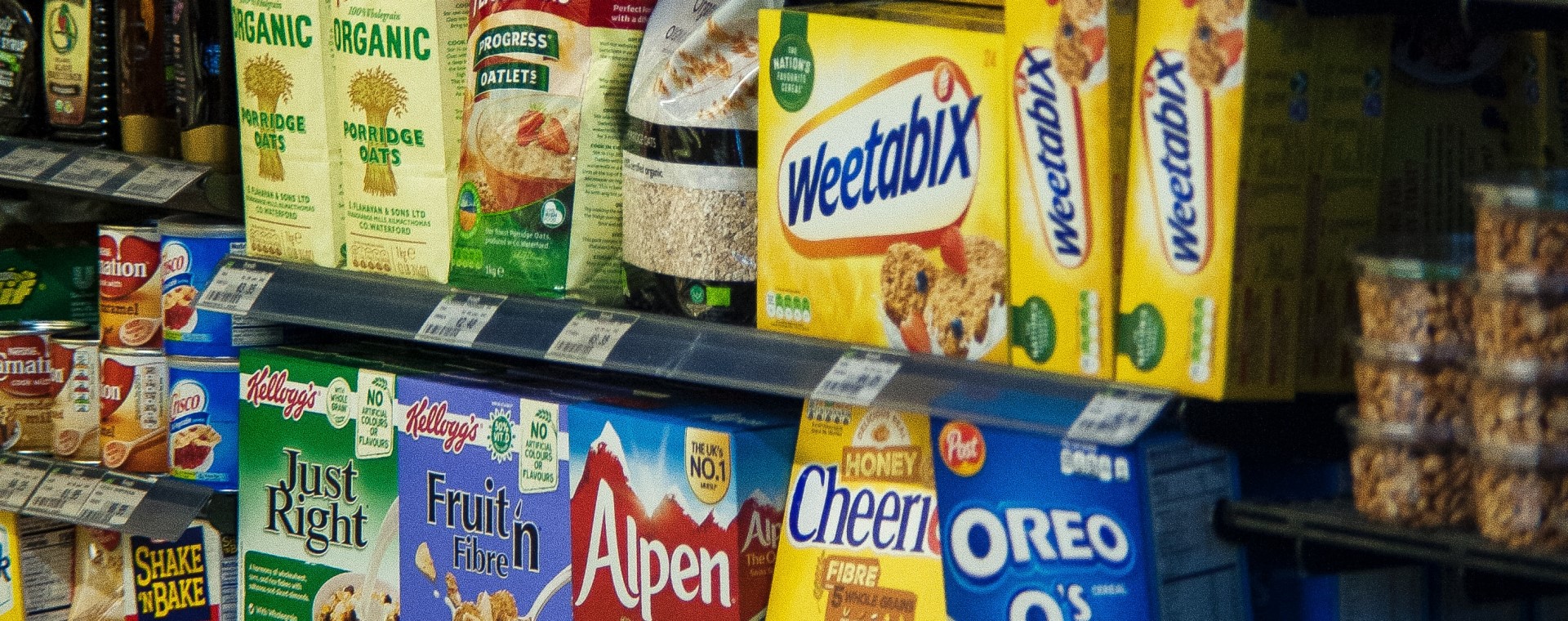
It should come as no surprise that this year’s performance rankings reflect the sticky state of the UK’s economy, and the strained household budgets that come with it.
But some brands have proved to be more resilient than others; year-on-year analysis reveals the top 10 brands largely remain unchanged – so how have they managed to weather the storm?
If we look in more detail at Cadbury and Walkers – who have both held onto their respective #1 and #2 rankings – they appear to differentiate themselves from other brands by standing out as being “Classic”, “Trusted” and “For people like me”. This indicates that a strong emotional connection with their customers can eclipse increasing prices (and the negative PR that comes with it), as well as changes to HFSS regulations. Such a connection is likely to be driven by these brands’ continued focus on engaging communications and a continued visibility on shelf.
By contrast, many household brands have seen significant declines in their ranking position this year. Tea brand Typhoo has dropped 43 places, while laundry detergent brand Bold has fallen by -42. Looking further into the data, we can see that both brands have struggled to find a point of clear differentiation with consumers. On measures such as “Distinctive”, “Attractively priced” and “For people like me”, both have seen dips, suggesting that they may be getting lost in a range of both branded and supermarket-label options that saturate the shelves of their designated aisles.
Over the years, brands like Cadbury and Walkers have thrived by evoking comforting, nostalgic feelings associated with their indulgent treats. As is evidenced by BrandVue data, the emotional connections that have formed as a result have provided these brands with the resilience they need to navigate this difficult landscape.
But it’s a different ball game for brands like Bold; establishing that same level of attachment with laundry products is far more challenging. For cost-conscious consumers, swapping their usual branded laundry powder for a supermarket alternative might be easier than bidding farewell to their favourite chocolate bar.
Though there may be promise for Typhoo, as tea holds the potential for a slightly stronger emotional connection due to its soothing and comforting nature – especially in Britain!
Plant-based pressure
Given recent headlines cataloguing the struggles of the plant-based category it is also worth noting that some key players in this space have seen significant declines this year, such as Cauldron (-48), Tofoo (-44) and Bol (-41). These brands stand out with their “Ethical” associations, but have struggled to maintain their performance on measures such as “On trend” and “Innovative”.
This indicates that these brands may be struggling with the increasing visibility and growing range of supermarket-branded vegetarian and plant-based products which offer a cheaper option to consumers. Our consumer trends data suggests that plant-based diets are still going strong, but consumers are demanding more from brands in terms of offering value.
In summary, this year’s findings highlight the critical role differentiation and emotion can play in driving success for FMCG brands in the current landscape.
Brands that forge meaningful, emotional connections with their customers can differentiate themselves effectively. Furthermore, those who adapt to changing consumer demands will be the most poised to thrive in these challenging times.
By continuously engaging with their target audience and delivering value that resonates, not only can brands stand out, but secure their place in an increasingly competitive market.
***
BrandVue’s Most Loved FMCG Brands is a recognition of the most emotively connected brands in the consumer-goods sector.
Each year, we asked 65,000 consumers for their opinion on more than 150 brands, and use the insight to compile a league table of the 100 most loved FMCGs in the UK.
To view the full league table, and access a range of insight into the sector, download the free report below.





